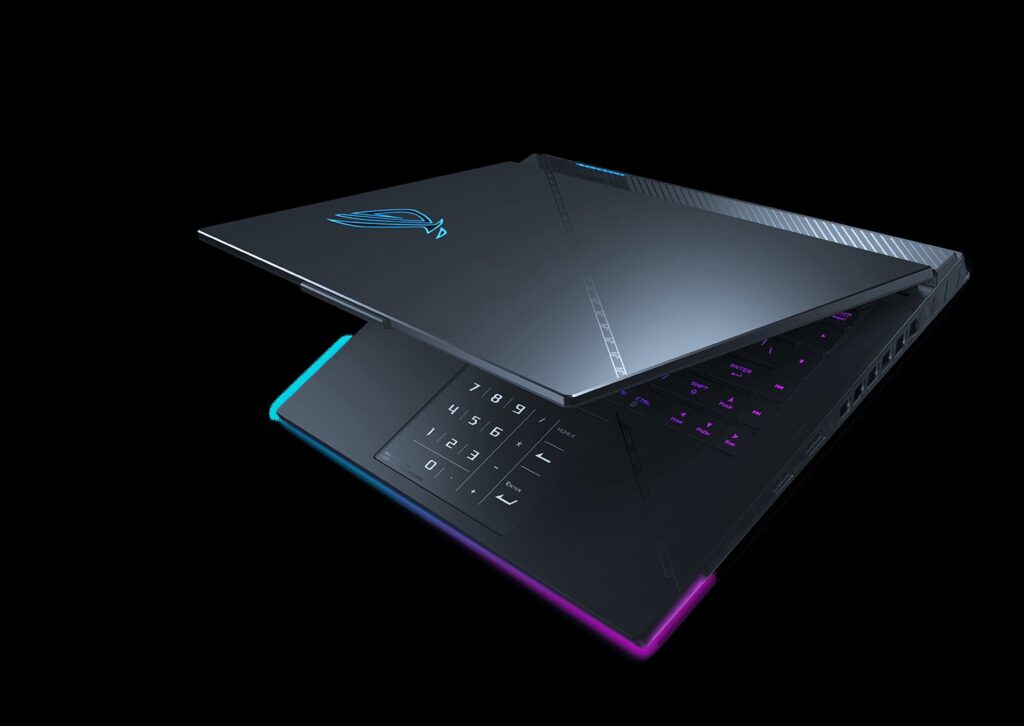When buying a laptop, you will want to know the specs before making the best choice. A laptop can be an incredibly powerful tool for business and an excellent choice for students who need to bring their work with them. But how do you know which laptop to buy?
There are a lot of factors that go into buying a laptop. You need to consider the operating system, the processor, the amount of RAM and hard drive space, and so on. But there are also some other things to consider before making your purchase.
Keep reading to learn more!
Important things to consider when buying a laptop

Before buying a laptop, there are important things you should keep in mind. Here are some factors to consider to help you make an informed decision:
1. Display Screen Size and Resolution
The display screen size is one of the most important factors when buying a laptop. The screen size is measured in inches, and the larger the display screen is, the more expensive it will be.
If you want to use your laptop for watching movies and playing games, then go for a 15-inch or 17-inch laptop. However, if you’re just going to use it for work, reading eBooks, and surfing the Internet, a 13-inch laptop is perfect.
The display’s resolution is another thing to consider when buying a laptop. The higher the resolution, the better its picture quality. Some laptops have resolutions as low as 1366 x 768 pixels; others have full HD screens (1920 x 1080 pixels).
However, suppose you will only be using your laptop for basic activities like typing documents or browsing the internet. In that case, you don’t need to go for high resolutions. They come with additional costs and may not even be necessary for such tasks.
2. Graphics
When you’re buying a laptop, there are a lot of things to consider. Graphics is one of them. If you’re using your laptop for gaming or video editing, you’ll want to ensure the graphics card is up to snuff.
But how do you know what kind of graphics card you need? And what does that mean for you?
The easiest way to determine whether your laptop has the right graphics card is by looking at its processor. Chips with integrated graphics (like Intel HD Graphics) can’t handle most games or high-res video editing.
If your processor is an AMD A9 APU or higher, it will have AMD Radeon R5 graphics onboard. If it’s an Intel Core i5-7200U or higher, it will have Intel HD Graphics 620 onboard.
3. RAM
RAM (Random Access Memory) is the space on your computer where programs and data are stored for easy access. RAM can be confusing, with options such as SDRAM, DDR, and DDR2.
When you’re looking for a new laptop, it’s important to consider how much RAM the model you’re considering has. More RAM will allow you to run programs and open files without significant lag.
A laptop’s maximum amount of RAM is 16GB or 32GB. Some laptops (like the MacBook Pro Retina) only come with 8GB of RAM, and no way to upgrade it later.
If you’re planning on using your laptop for gaming or CAD/CAM software, we recommend 8GB or more.
If you’re looking for longer battery life without sacrificing performance, get a laptop with both types of RAM so that it can automatically use whichever type is most efficient.
4. Operating System
There are various operating systems for laptops. Here are the most common operating systems.
Windows 10 is the most popular laptop operating system because it offers various software options. Windows 10 is compatible with almost every hardware device available today, including printers, scanners, external hard drives, etc.
In addition, it allows users to run virtually any type of application. If you’re looking for a laptop compatible with all the latest apps, games, and software, a Windows laptop is perfect!
MacOS is another good option because it’s easy to use and familiar. If you’re creative and want to work with programs like Photoshop or Maya, then MacOS might be more up your alley.
Linux is gaining popularity, too, and has some great open-source programs available for free download.
What operating system is the best for you? The best one for you depends on your needs and budget.
5. Battery Life and Processor Type
Laptops often have smaller batteries than desktops because they are more portable and don’t need as much power as desktops do. But some laptops have larger batteries than others — this will give them longer battery life.
Next is the processor — this measures how fast your computer can perform tasks like opening files or running applications. The more cores that a processor has, the faster it will be able to perform tasks.
However, this does not mean that it will also use more power.
If you’re unsure what kind of performance you need, check out our guide on choosing an Intel Core i3 vs. i5 vs. i7 processor comparison.
The Verdict
When buying a laptop, some things to consider include operating system, battery life, processor type, RAM, display, and resolution. Overall, the best laptop will depend on your intended uses and how much you’re willing to spend. Hopefully, this has helped answer some questions you might have had about what to look for in a laptop.
Things to Consider When Buying a Laptop: FAQ
What should I check before buying a laptop?
When buying a laptop, there are some features to check. These include:
- Operating system
- RAM
- Battery life and processor
- Display screen size and resolution
- Graphics
What are the specs of a good laptop?
There are no good or bad specs for a laptop. Each laptop has its unique specs. It’ll depend on your needs and budget.
How much RAM do you need?
Laptops vary in RAM, such as 8GB, 16GB, and 32GB. How much RAM you need will depend on what application software you will install. The more the application, the big the RAM you need to avoid app lag.
